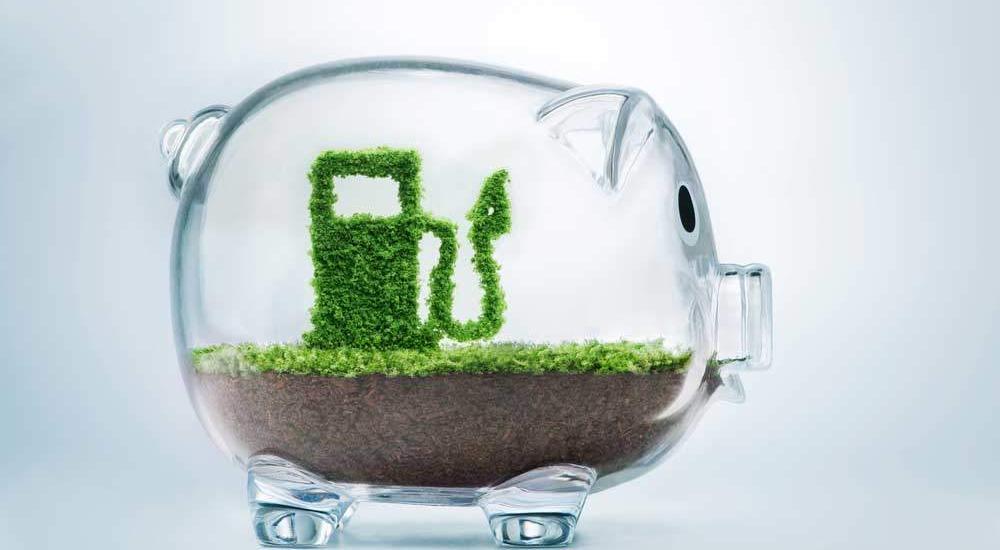Most riders are not drawn to motorcycles in an attempt to save money. However, there are times when forking out for another tank of fuel is the last thing you want to do – whether it’s stretching the tank to make it to pay day or you want to live a little greener – here are some helpful tips for reducing your fuel consumption in the ‘stop/start’ world of congested urban streets:
Think Speed
The aerodynamics of motorbikes is such that they soon start wastefully burning fuel at speeds above around 60mph. Over short journeys, the increase in mpg is negligible and in built up areas, you’ll be lucky to get above 20mph. However, if you do encounter a faster stretch of road on your commute, don’t be tempted to make up for lost time. When it comes to saving fuel, stick to a max speed lower than your usual.
Think Smooth
Quick acceleration and sudden braking is hard on fuel as well as the hardware. Pulling away too fast or too aggressively sends a higher amount of fuel into the intake tracts, which in itself is an inefficient use of your fuel. A smooth approach will save heaps on fuel economy, keep your blood pressure at a healthier rate and get you to your destination in one piece. City riding is stressful, there’s no doubt about that. Heavily congested areas like Putney, Chiswick and Shepherd’s Bush are among the busiest in the world so stay calm and stay smooth.
Think New Bike
Perhaps it’s time to think about purchasing a new, more efficient motorbike if you feel your older machine is a bit of a gas-guzzling monster. Most newer machines have been designed to be far more efficient than their older counterparts. On an older bike, if you have Power Commander, you can fit an extra economy map that will change your performance setting to one showing mpg. Visit a local motorcycle service for help and advice with fuel economy.
Think Braking
Whilst it’s impossible to avoid braking, braking too hard or too often will eat away at your fuel. The ideal technique is to use momentum and speed to carry you around corners, avoiding the need for acceleration to get you up to speed again once out of the bend. Obviously, you need to have a good feel for this technique and your bike, so always be prepared to apply your brakes should you need to.
Think Gears
It’s always tempting to use those high engine revs that bikes do produce so well, but revs mean internal friction is increased with speed. Lots of fuel is used up simply moving the pistons up and down the cylinder and to turn the camshafts against the valve springs. As well as high revs, low revs are also inefficient in fuel terms. Revs that are too low means the engine working harder to draw in air. Ideally, middle range revs are the sweet spot for saving your fuel.

